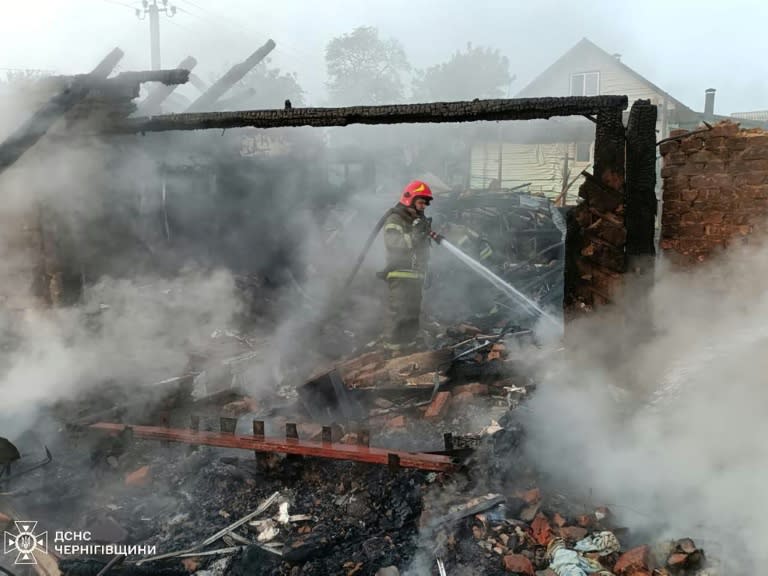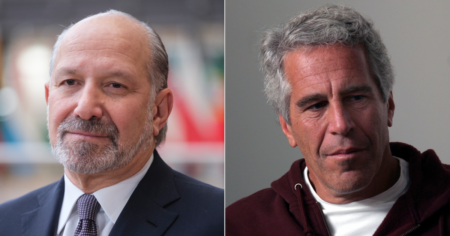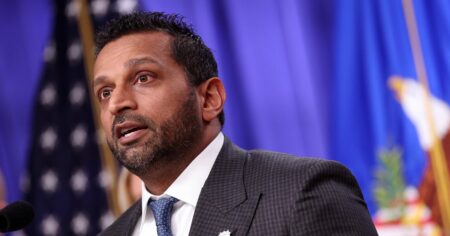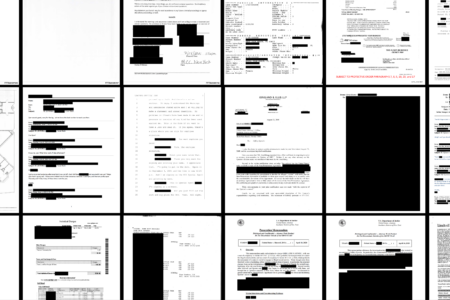A deadly Russian drone strike hit a residential area in the city of Pryluky, central Ukraine, overnight Thursday. Five people were killed, including three members of the same family. The victims included a grandmother, her daughter, and a one-year-old baby. Ukrainian President Volodymyr Zelensky confirmed the deaths and blamed Moscow for targeting civilians during nighttime drone raids.
According to Ukrainian officials, the family lived in a house that was struck while a local firefighter—husband to the woman and grandfather to the baby—was away responding to an earlier attack. He returned to find his home destroyed and his loved ones killed. Emergency services released images showing widespread fire damage. Homes were engulfed in flames, and by morning, only the burned structure and scattered debris remained. A photo taken at dawn showed a firefighter standing in the ashes where his house once stood.
Zelensky said the strike was part of Russia’s continued campaign of violence. He accused Moscow of stalling peace while it continued killing civilians. He also urged the West to impose more sanctions and increase pressure on the Russian government. So far, global responses have included financial sanctions, asset freezes, and weapons support to Ukraine, but these actions have not stopped Russia’s drone and missile attacks.
The attack in Pryluky is one of many recent strikes across Ukraine. On the same night, Russian forces launched another attack on Kharkiv, a major city in the northeast. Eighteen people were injured, including four children. The city has been under frequent fire since the beginning of the war. Buildings, schools, and hospitals have suffered heavy damage.
Russia has rejected repeated calls for a full ceasefire. Despite peace talks in Istanbul earlier this year, the Kremlin continues its military campaign. Ukrainian drone strikes have also reached Russian targets. One recent attack destroyed several Russian military jets at an airbase. Russian President Vladimir Putin said there would be a response to what he called Ukraine’s aggression.
The human cost of the war remains severe. Since the invasion in February 2022, tens of thousands of people have died. Cities in eastern and southern Ukraine have been reduced to rubble. More than eight million people have fled their homes, creating a refugee crisis across Europe. Many who remain in Ukraine live without access to clean water, electricity, or medical care. Humanitarian aid groups have warned of worsening conditions as winter approaches.
In recent weeks, Ukraine has asked for more advanced weapons and air defense systems to protect against drone strikes. Officials are also calling for tighter trade restrictions on Russian exports, especially energy resources. They argue that oil and gas revenues help fund Russia’s military actions.
Despite international concern, progress toward peace has been slow. Governments around the world have expressed sympathy, but many are reluctant to take stronger steps that could escalate the conflict. Ukraine continues to urge its allies to act before more lives are lost.
The deaths in Pryluky have added to public anger and grief. Images of the destroyed home and the young victims have spread widely on social media, prompting calls for justice and greater international response.















